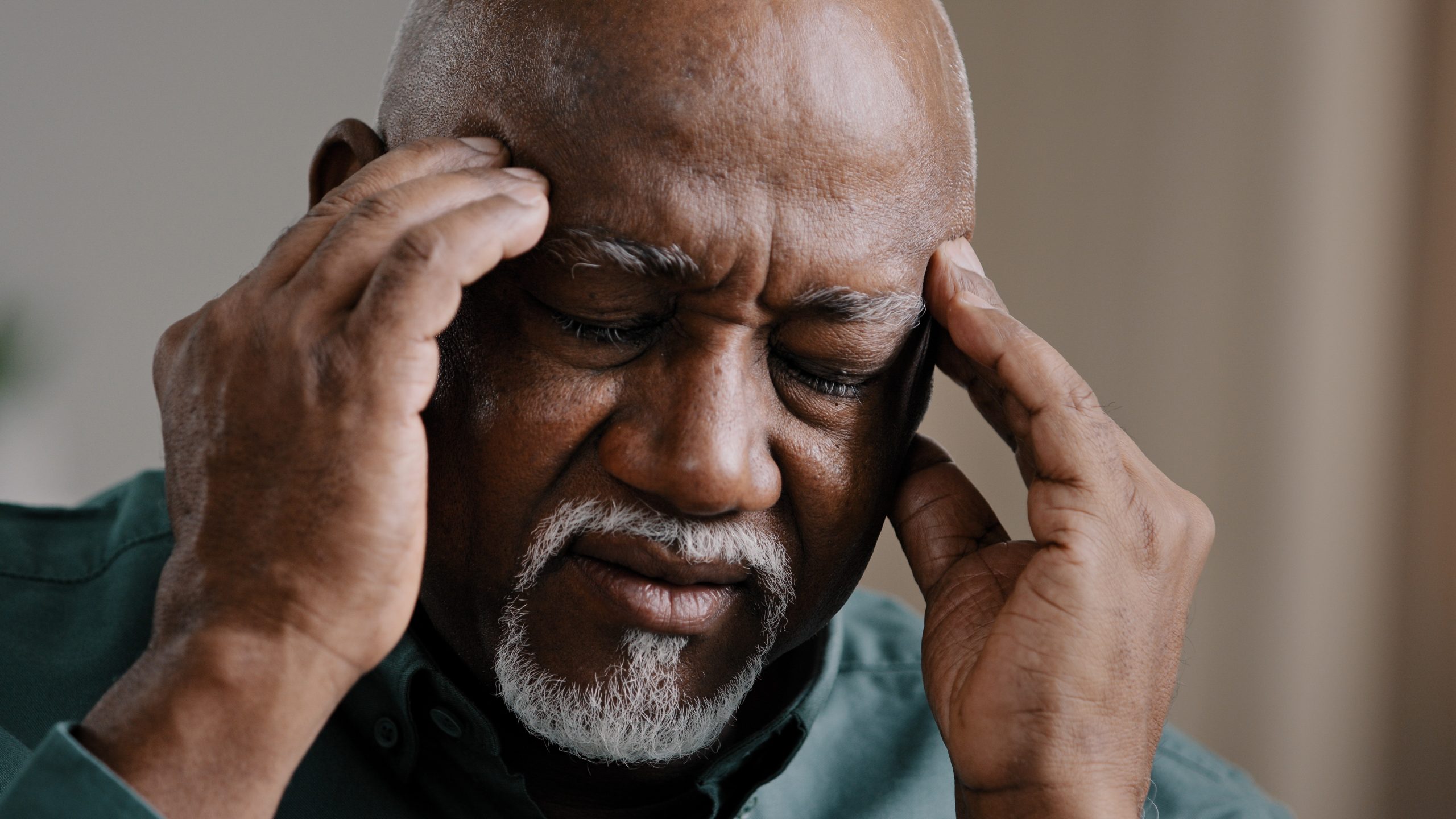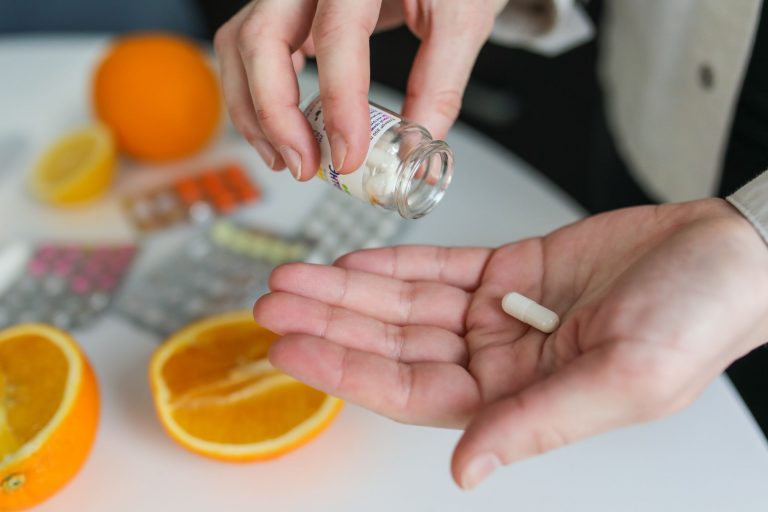
Stress can have a major impact on your sexual health and ability to get an erection. It can also affect your mental health and well-being and erikoisapteekki.com can help.
Erectile dysfunction (ED) is a common issue that affects a lot of men. Many physical conditions can lead to ED, including heart disease, high blood pressure, diabetes, and obesity.
Physical Impact
Stress is an incredibly common health issue that can affect your body in many ways. It can make you feel anxious, depressed or irritable. And it can even cause physical conditions like high blood pressure or cardiovascular problems.
When your body is under stress, it releases hormones called cortisol that can constrict blood vessels and slow down erections. That’s why it’s so important to get good sleep, exercise and eat a healthy diet.
You can also try meditation or mindfulness to help reduce anxiety and boost your overall well-being. These practices can also help improve your erections.
In addition, a good diet can help your body produce testosterone and relax the blood vessels in your penis. These are both necessary for a strong erection.
Some types of ED may be related to psychological issues, too. These can include performance anxiety or sexual trauma.
These mental problems can interfere with your ability to focus on sex. And they can also disrupt the messages that your brain sends to your penis to allow extra blood flow during arousal.
The good news is that most erectile dysfunction caused by mental health factors can be treated with medication. These medications (like sildenafil, tadalafil or avanafil) work by opening up the blood vessels and boosting blood flow to your penis.
They can also be combined with therapy to help you deal with underlying problems. These treatments can help you overcome a wide range of mental health issues and get back to enjoying sexual life again.
If you’re worried that you’re stressed out or dealing with a stressful situation, talk to your doctor about getting treatment. Your provider can prescribe medications that can be taken in conjunction with regular exercise and healthy coping strategies.
Your therapist can also help you learn healthier, more effective coping methods. They may also recommend lifestyle changes like eating a healthy diet, limiting alcohol and quitting smoking.
Managing your stress can make all the difference in your sexual health and ED symptoms. It’s important to get to the root of the issue and get it resolved if you are struggling with ED.
Mental Impact
Mental health issues such as depression and anxiety can make it harder for you to have an erection, particularly if the problem is persistent. The problem could be caused by a medical condition, but it might also be related to other issues you are facing in your life, such as relationship trouble or work stress.
If you have depression or anxiety, talk to your doctor about treatment options. They might prescribe a medication to manage your condition, or they may suggest that you attend counseling sessions with a psychologist to help you address the causes of your mental health problems and deal with them effectively.
Psychiatrists have found that a number of factors can affect how you achieve an erection, including the level of your blood sugar and whether or not you sleep well. These factors can be addressed to reduce the chances of ED developing in the first place.
The good news is that a healthy lifestyle, such as regular exercise and a balanced diet, can help improve your sexual health and libido. It can also help you avoid developing serious chronic illnesses, such as high blood pressure and diabetes, which have been linked to erectile dysfunction.
You can also take steps to reduce your overall stress levels, such as limiting your alcohol intake and avoiding smoking. This will help you cope with the stress in your life and improve your sex function, as well.
Psychological stress is a common cause of erectile dysfunction in teenagers and young men. It can include performance anxiety, self-esteem issues and sexual trauma.
It is also common for older men to experience ED due to personal and professional stress, such as relationship issues. PTSD, which is often present after a traumatic event, has been linked to a higher risk of developing ED.
If you have mental health issues, such as a low libido or decreased interest in sex, talk to your doctor about treatment options. These can include antidepressants and psychotherapy. If you are in a long-term relationship, you and your partner can also discuss ways to cope with the problems that might be affecting your sex life.
Relationship Impact
If one of your partners is suffering from erectile dysfunction (ED), it can impact not just their sex life but also the relationship itself. For instance, it can cause a lot of stress for the man and undermine his self-esteem. It can also create a sense of isolation, and he might feel like he has no one to turn to.
As a result, he may not talk about it with his partner or even admit that he has the problem. He might blame himself and his sexual problems on the other person, which can further damage the relationship.
Another important impact of ED is that it can lead to depression and anxiety. This is because men are pushed to perform and their sense of being a man is challenged. This can also make them lose their interest in intimacy, and they can withdraw from their partner and their partner’s life.
It is therefore essential to address this issue as soon as it arises. Then, they can work towards a solution that helps them get over the emotional impact of the situation.
Having a good sexual connection between two people is crucial to any romantic relationship. It is a way to build trust and to understand each other better, and it also can lead to greater satisfaction in the bedroom.
However, if the couple have difficulty having sexual intercourse due to ED, this can lead to conflict and anger within the relationship. This can be very difficult to navigate and it is advisable that they seek the help of a professional in order to deal with the issue.
Psychosexual therapy can be helpful to a couple, as it will help them explore their own thoughts and beliefs around sex. It also helps them to reframe their expectations of sexual intimacy.
For some, it can also be a way to improve their mental health and boost their self-esteem. A therapist can help them to identify their own fears and anxieties surrounding sex, as well as the ways that they cope with these emotions.
It is important for both parties to understand that they should not feel embarrassed or shamed when discussing sex issues. They should feel able to speak up about it and seek support from a therapist, sex educator or supportive medical doctor.
Lifestyle Impact
Stress is a common factor in the lifestyle of many people and it can have a negative impact on sexual function. Consistent stress can cause a person to become overly anxious, which can affect their libido and increase the risk of developing sexual problems such as erectile dysfunction (ED).
Men with ED may experience difficulties in getting or maintaining an erection that is suitable for intercourse. They may also have difficulty in reaching climax or in feeling excitement or arousal. They can also experience pain during intercourse.
There are a variety of health conditions that can contribute to sexual dysfunction, including hypertension, cardiovascular disease, diabetes and certain types of cancer. These diseases damage small blood vessels that supply blood to areas away from the heart, such as the penis or vagina.
Having a healthy lifestyle, which includes exercise, a balanced diet and controlling body weight, is important for maintaining sexual health. It can reduce the risk of other diseases as well as sexual dysfunction.
A sedentary lifestyle increases the risk of developing ED by 2-10 fold, while moderate activity reduces ED by 60% and high activity reduces it by over 80%. Physical exercise causes increased production of nitric oxide (NO) throughout the entire body, which helps to improve vascular circulation.
Our study investigated the association of sexual dysfunction with a range of health and lifestyle factors. Using a validated survey of sexual function, we asked 12,636 Australian males aged 18 and over whether they had experienced at least one sexual difficulty in the past 12 months. We measured eight sexual difficulties: lack of interest in having sex; not feeling excitement or arousal during sex; feeling pain as a result of having sex; not being able to reach climax or take too long; reaching climax too quickly; having trouble getting or keeping an erection; and having a problem with orgasm.
A high proportion of men in our sample reported experiencing sexual difficulties at some time during the previous 12 months. The most commonly reported sexual difficulty was’reaching climax too early’. Those who had been smoking or drinking harmful levels of alcohol at the time of the survey were more likely to report sexual difficulties than those who did not.







